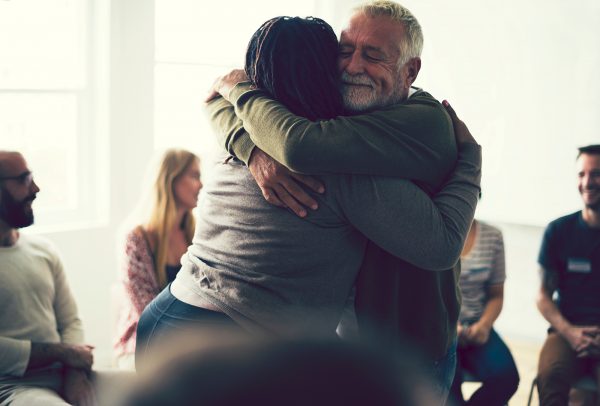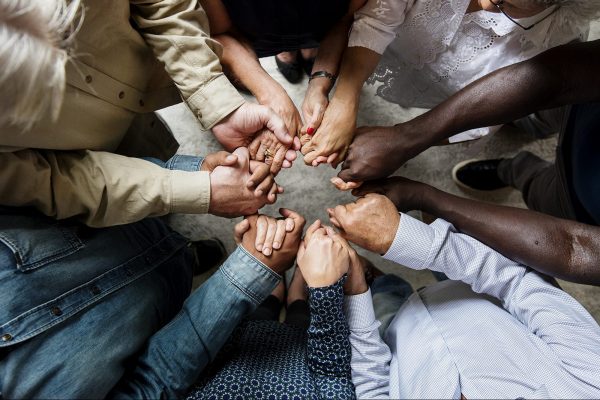Domestic abuse is about power and control. It is a pattern of behavior where someone manipulates or hurts their relationship partner and often escalates over time. The physical and emotional harm from abuse causes a ripple effect that can hurt friends, family and children as well.
Domestic Abuse doesn’t discriminate. Anyone can be impacted by domestic abuse regardless of gender identity, race, ethnicity, age, sexual orientation, religion, education, or socioeconomic background.
There are many types of domestic abuse, including:
Emotional/Verbal Abuse: Using threats, intimidation, mean and humiliating comments; blaming and shaming; isolating the victim from friends and family; gaslighting (manipulating the victim into questioning their own sanity); or brainwashing (manipulating the victim into changing their beliefs against their will).
Financial Abuse: Controlling access to money or information about finances; not allowing the partner to get a job; or controlling spending on household necessities such as food, rent, monthly bills, and school tuition.
Digital or Technology Abuse: Using email, cell phones, text messages, social media , GPS tracking or “smart home” devices, computer spyware, or webcams to harass, control, or embarrass the victim.
Physical Abuse: Hitting, shoving, kicking, biting, slapping, or choking; damaging the partner’s personal property or pets; or hiding/withholding necessities such as food, medication, sleep, or transportation.
Sexual Abuse: Forcing the survivor into sexual activities against their will; bragging about or flaunting extramarital affairs (cheating); trying to guilt you into sex, refusing to use birth control, asking for sex repeatedly or withholding sex or affection.
Spiritual Abuse: Undermining the survivor’s religious needs and spiritual beliefs, using religious texts to give commands or punishment, isolating from faith community, or blaming for not being religious enough.
These are just a few examples of the different types of abuse. It all comes back to the dynamics of power and control. For detailed information about abusive relationships, click on your topic of choice below.














